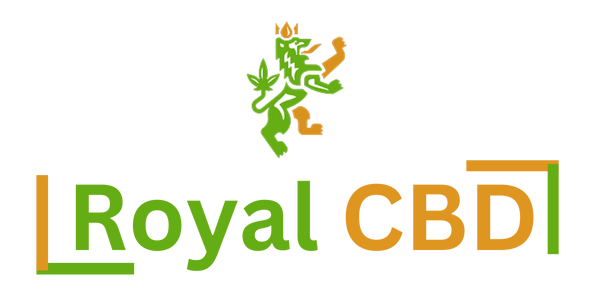Choosing the Right Business

Introduction
This chapter helps you determine whether you have chosen the right business for you one that you know, like, and will work hard for and that makes economic sense. Most experienced businesspeople complete several steps as a rough and ready template to decide whether to complete a plan.
If your business passes all these steps with flying colors, it means it’s a good idea to write a full business plan (although it doesn’t guarantee success). On the other hand, if your proposal doesn’t pass, you’ll probably want to modify or change your plans altogether.
Know Your Business
One of the most common questions people ask me is this: What business should I start? My answer is always the same—start a venture that you know intimately already. I don’t believe any business exists that is so foolproof that anyone can enter and make a sure profit.
On the other hand, a skilled, dedicated owner often can make a venture successful when others have failed. Remember, your potential customers will exchange their money only for the conviction that you are giving them their money’s worth. And that means you’ll need to know what you’re doing
Be Sure You Like Your Business
Does the business you want to own require skills and talents you already possess? If you have the necessary skills, do you enjoy exercising them? Think about this for a good long time. The average small business owner spends more time with his venture than with his family.
This being so, it makes sense to be at least as careful about choosing your endeavor as you are about picking your mate. A few of us are sufficiently blessed that we can meet someone on a blind date, settle down a week later, and have it work out wonderfully. However, in relationships, as in business, most of us make better decisions if we approach them with a little more care.
Describe Your Business
What is your good idea? What business do you want to be in? It’s time to look at the specifics. Let’s say you want to open a restaurant. What will you serve? What will your sample menu look like? What equipment will you need? Note that including french fries means you’ll have to install french fryers, grease traps in the sewer line, hoods and fire extinguishing systems. On the other hand, by not serving fried foods you will save a lot of money in the kitchen, but maybe you’ll go broke when all the grease addicts go next door. Or suppose you want to sell DVDs, games, or digital cameras
Business Description
Next, describe how your business will solve your customers’ problems. Take your time and do a thorough job. It’s very likely that the first time you attempt this task, questions will occur to you that you didn’t consider previously. If so, figure out a good answer and rewrite your description. The important thing is not how long it takes to do this, but that you end up with a realistic, well-thought-out business description. After all, it’s cheaper to answer questions and solve problems on paper than it is with real money.




